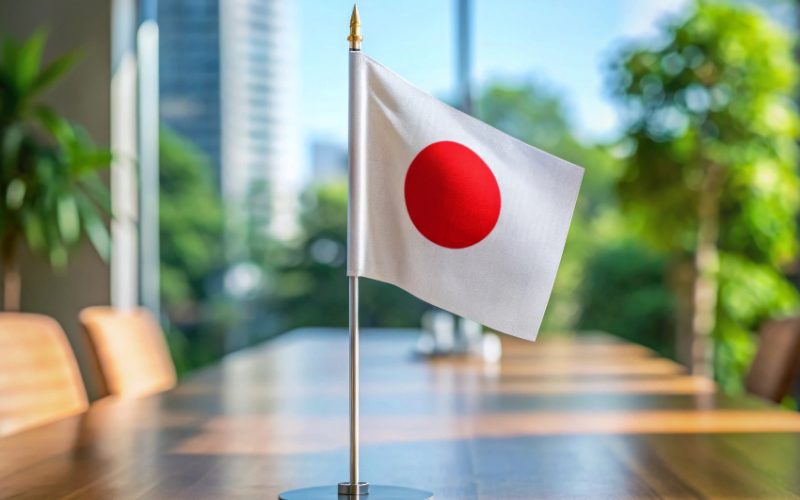Japan is drawing increased attention from global investors seeking stable, sustainability-focused assets, as political developments in the United States prompt a reassessment of diversity, equity and inclusion (DEI) priorities. The rollback of DEI measures under US President Donald Trump has led some ESG investors to explore alternatives — with Japan increasingly viewed as a promising destination.
Although historically lagging behind Western counterparts on gender diversity, Japanese companies have begun accelerating reforms, particularly in boardroom representation. According to MSCI, the number of female directors at Japanese firms rose by 2.5% in 2024 — the fastest pace in the Asia-Pacific region and outstripping global averages.
An MSCI index tracking Japanese companies with stronger gender diversity commitments has outperformed the Nikkei 225 by over 10 percentage points over the past two years, signalling investor confidence in governance-led reforms.
“Diversity is a factor that drives long-term stock performance,” said Rie Nishihara, Chief Japan Equity Strategist at JPMorgan Securities. “Governance improvement is the most important theme in Japan when it comes to driving share price, irrespective of where we are in the market cycle.”
Boston Common Asset Management, a US-based ESG-focused investment firm, has already allocated 21% of its international fund to Japanese firms such as Mitsubishi UFJ Financial Group, Sony Group, and Orix. The firm’s managing director, Lauren Compere, noted that “corporate appetite for progress” in Japan is gaining ground, especially as companies respond to regulatory pressure and demographic realities.
Efforts to improve corporate governance and diversity have been bolstered by Japan’s shrinking workforce and government targets, including a goal for women to occupy 30% of board positions at top-listed firms by 2030. As of 2024, women accounted for 20.5% of board directors at mid- and large-cap Japanese companies — still below the global average of 27.3%, and trailing 43.6% in the UK and 33.7% in the US.
Some see this relatively low starting point as an advantage. “The opportunity in Japan is the opportunity to improve,” said Tracy Gopal, founder of the Japan Board Diversity Network. “It’s still the value story.”
Despite progress, cultural and structural barriers remain. Managerial training for women is limited, and male-dominated corporate cultures persist. However, increased responsiveness to shareholder pressure is enhancing Japan’s investment appeal. Boston Common has formally requested companies such as Daikin Industries and Keyence to set near-term gender diversity targets.
Japan’s reform momentum is also drawing impact investors, who seek both financial returns and social outcomes. Amit Bouri, CEO of the Global Impact Investing Network, said Japan is becoming a key focus. “There’s a tremendous amount of curiosity about what’s happening in Japan,” he said. “The momentum for impact investing in Japan is incredibly exciting.”
Bloomberg Intelligence forecasts that ESG-related assets in Japan will grow by 60% to nearly $7 trillion by 2030, driven by favourable macroeconomic conditions and policy support. As DEI programmes in the US face growing political scrutiny, Japan may increasingly be seen as a stable alternative for ESG-conscious capital.





















